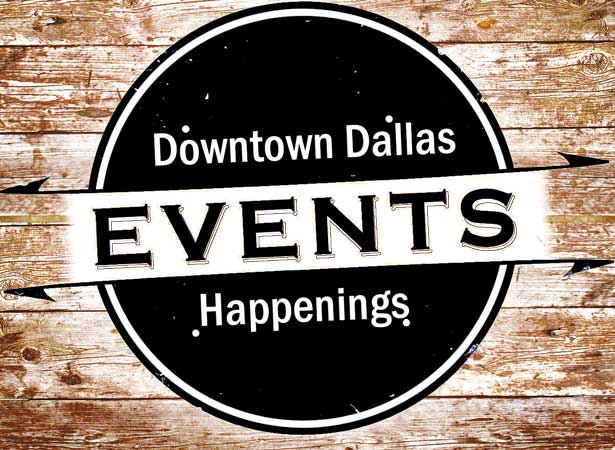More than 10,000 participants from across Africa are expected to take part in Uganda’s second Urban Refugee Marathon, scheduled for July 20, 2025, in Kampala.
The event will bring together refugees and nationals to promote awareness, unity, and support for urban refugee communities.
The marathon was officially launched by the Office of the President through the Diaspora Affairs Department, in partnership with the Forum for Youth Organisations.
It will start and end at Old Kampala Secondary School and feature both 5km and 10km routes mapped by the Uganda Athletics Federation.
Speaking at the launch, Abbey Walusimbi, senior diaspora affairs advisor to the President, said the initiative reflects Uganda’s commitment to inclusive refugee policies and social cohesion.
“As the Office of the President – Diaspora Affairs, we not only coordinate Uganda’s diaspora abroad but also welcome other countries’ diaspora here,” he said.
“This marathon unites different nationalities, raises awareness, and mobilises support for urban refugees while offering a platform for reflection on social justice and employment,” Walusimbi added.
Rebecca Alitwala Kadaga, the First Deputy Prime Minister and Minister for East African Affairs, will serve as the chief guest and also take part in the run.
Uganda, which currently hosts more than 1.8 million refugees and asylum seekers–making it Africa’s largest refugee-hosting nation and the sixth globally–has earned global praise for its progressive refugee policies.
Fikru Abebe, CEO of African Initiatives for Relief & Development (AIRD), commended Uganda’s open-door approach to refugee management.
“We are happy to be part of this event and grateful to the Government for allowing refugees to access social services and integrate into host communities. Our commitment is to support them in reaching their full potential,” he said.
Also speaking at the launch, Marriam Kidane Fassil, CEO of the Children’s Rights Violation Prevention Fund, praised the unity displayed by refugee communities.
“We’re happy to be part of this initiative. It is very important. I appreciate the government for welcoming refugees,” she said.
Kisanet Tedros, representing the Eritrean community, underscored their resolve to strengthen inclusive support systems for urban refugees.
The marathon, she noted, is not just a sporting event but a symbol of shared struggle and aspiration.
Oliver Bakomezi, chairperson of the Congolese refugee community in Uganda, echoed that sentiment, thanking the country for offering both opportunity and dignity.
“We are not forgotten. We feel seen, heard, and supported. Uganda has given us hope and a future. We are ready to contribute to this country’s prosperity wherever we are,” Bakomezi said.
Organisers say the marathon is designed to spark public dialogue around refugee challenges and strengthen collaboration between refugees, host communities, civil society, and government agencies.
It is also a call to transform solidarity into a driver for economic and social inclusion.
With preparations in high gear, the event is expected to be a colourful, emotional, and unifying moment in Uganda’s refugee story–one that continues to draw admiration from around the world.




